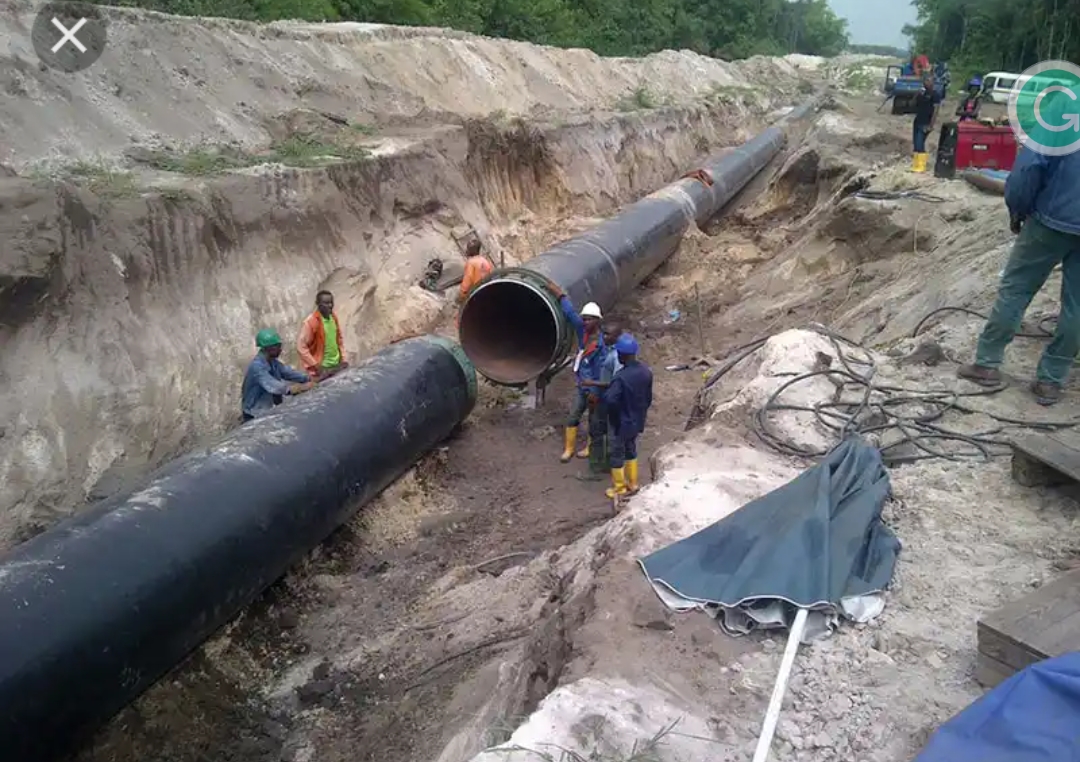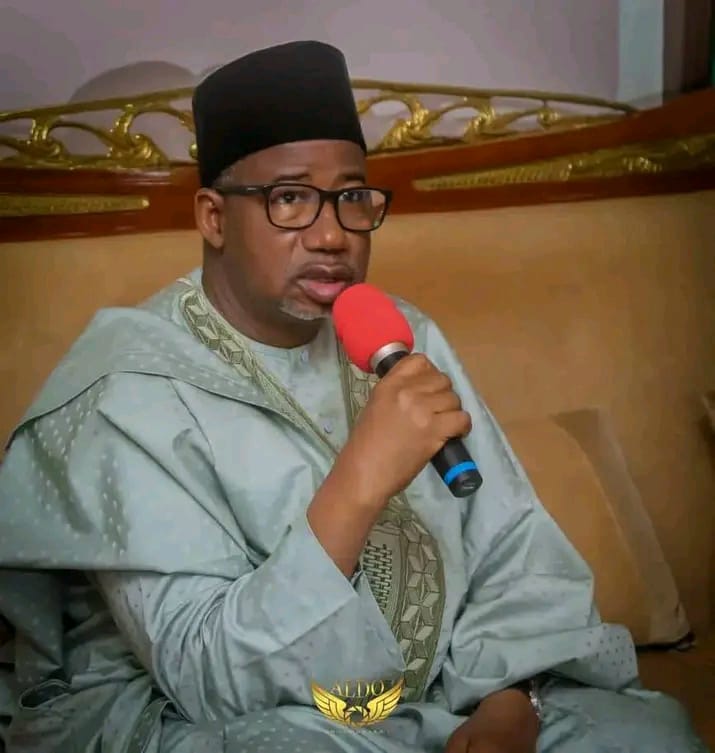The Northern Emancipation Network (MEN), has expressed its full support for the federal government’s decision to split the pipeline surveillance contract, countering opposition from Arewa leader Musa Saidu.
The group in a statement by his chairman, Suleiman Abbah, labeled Saidu as a paid agent of destabilization and questioned the credibility of his arguments.
“We firmly believes that Saidu’s opposition is driven by ulterior motives, questioning his association with former militant leader Tompolo. Tompolo has a history of undermining national security, and Saidu’s alignment with him suggests a potential conflict of interest. This casts doubt on the authenticity of Saidu’s opposition,” Abbah said.
Furthermore, the Northern Emancipation Network emphasizes the importance of stability and security in the region. They argue that the pipeline surveillance contract is crucial for safeguarding the nation’s oil infrastructure, which is vital for economic growth and development. Splitting the contract ensures a more efficient and effective surveillance system, reducing the risk of sabotage and theft. The network believes that Saidu’s opposition disregards the need for enhanced security measures, potentially jeopardizing the region’s economic stability.
“The self-proclaimed Arewa leader Musa Saidu’s challenge to the federal government’s decision to split the pipeline surveillance job is concerning.
“Firstly, Saidu’s association with Tompolo raises doubts about his intentions. Tompolo, a former militant leader, has a history of engaging in activities that undermine national security. Therefore, Saidu’s alignment with Tompolo suggests a potential conflict of interest, casting doubt on the authenticity of his opposition.
“Secondly, Saidu’s challenge fails to consider the importance of stability and security in the Niger Delta region. The pipeline surveillance contract is crucial for safeguarding the nation’s oil infrastructure, which is vital for economic growth and development. Splitting the contract ensures a more efficient and effective surveillance system, reducing the risk of sabotage and theft. Saidu’s opposition disregards the need for enhanced security measures, potentially jeopardizing the region’s economic stability,” Abbah said.
The Group said it firmly supports the federal government’s decision to split the pipeline surveillance contract based on the following reasons:
Splitting the contract allows for multiple security agencies to be involved, increasing the overall surveillance capacity. This approach ensures a more robust and comprehensive security system, minimizing the risk of attacks and theft. The Northern region, like any other part of the country, deserves a secure environment to foster economic growth and protect the livelihoods of its people.
By splitting the contract, the government promotes transparency and accountability in the bidding process. This approach allows for fair competition among security agencies, ensuring that the most qualified and capable organizations are entrusted with the responsibility of pipeline surveillance. This fosters a sense of trust and confidence in the government’s decision-making process.
Splitting the contract creates opportunities for multiple security agencies to participate, promoting healthy competition and economic growth within the region. This approach encourages the development of local security firms, leading to job creation and skill enhancement. It also reduces the monopoly of a single company, allowing for a more diverse and inclusive business environment.
They said it is suspicious for Saidu to advocating in favor of a Niger Delta faction whereas his voice heard on his own Northern region has been plagued by a series of security challenges, including insurgency, banditry, and communal clashes.
“Amidst these troubling times, it is disconcerting to note the silence of Musa Saidu, who claims to be a prominent Arewa leader. Musa Saidu, a self-proclaimed Arewa leader, has managed to be heard speaking for the Tompolo faction in the far-away Niger Deltal which his silence on the pressing issue of peace and security in the Northern region.
“This raises questions about his true intentions and commitment to the welfare of his people. As a leader, it is expected that he would actively engage in discussions, raise awareness, and advocate for solutions to the ongoing crisis in his own backyard. Yet, his absence from such conversations is both perplexing and concerning,” said Abbah.
One possible explanation for Musa Saidu’s silence on the situation in the North while being vocal on Niger Delta Affairs, is his lack of genuine concern for the plight of the people in the Northern region.
“A true leader should be deeply invested in the well-being of their constituents, especially during times of crisis. By failing to address the pressing issue of peace and security, Saidu’s actions suggest a lack of empathy and a disregard for the suffering of his own people,” he concluded.










